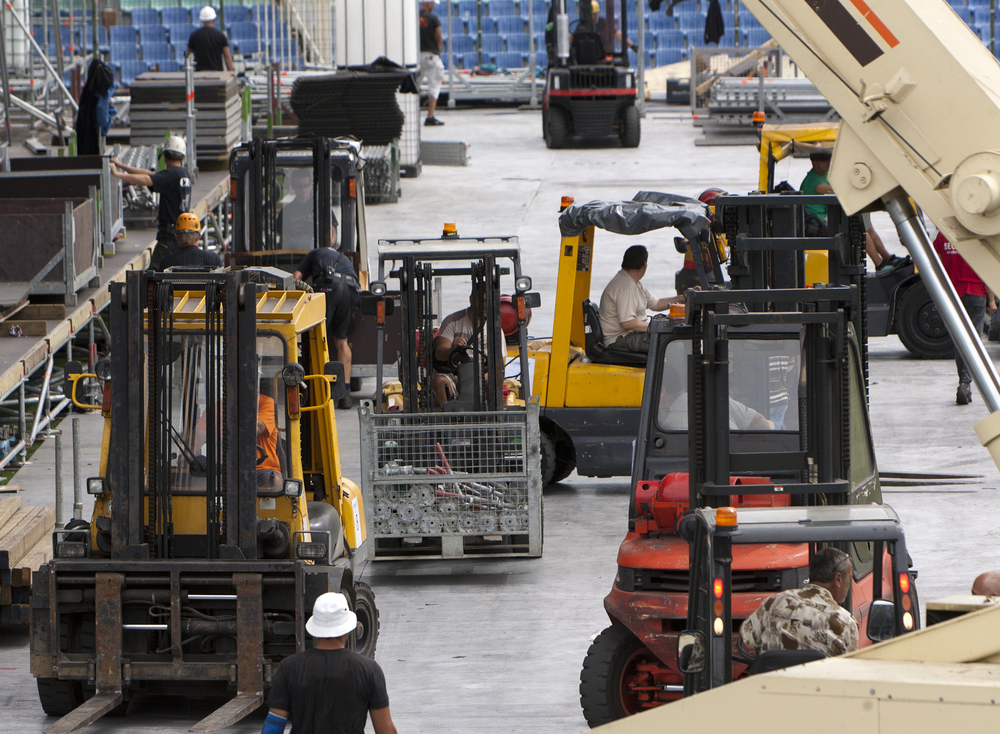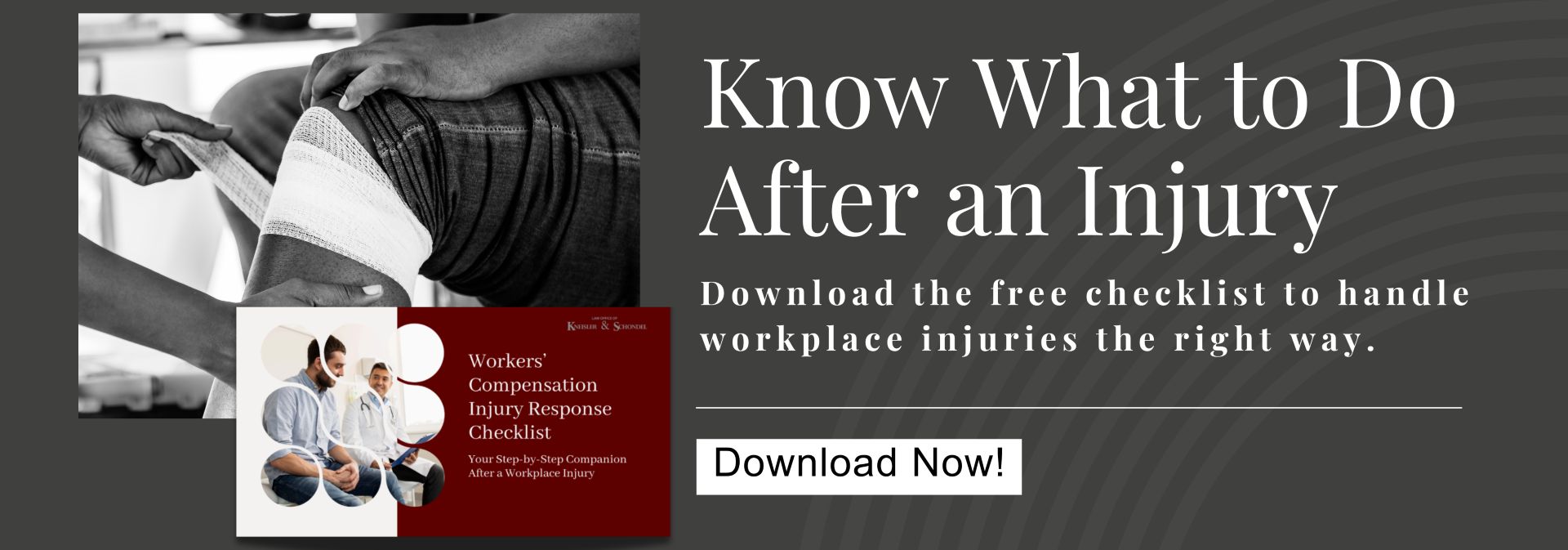
You were injured at work. You have received some medical treatment, which is continuing, and you are beginning to get better. You haven’t recovered sufficiently to return to your old job, but you might be able to perform some of the jobs that your employer has available. Your employer offers you modified or alternative work. What are your choices? What are the consequences of these choices? And just what is modified and alternative work?
If you have been, or think you are about to be, offered modified or alternative work after suffering a work-related injury and have questions about the workers’ compensation benefits that you might be eligible for, contact California workers’ compensation law firm Kneisler & Schondel today. We have many years of experience litigating workers’ compensation cases in California. We know what it takes to fight for the benefits you deserve. Contact our office today to set up a consultation so that we can get started helping you in your case.
Modified and Alternative Defined
Both modified and alternative work are sometimes referred to as light duty. Modified work typically refers to the same job you did before with restrictions, or modifications, to the work. For example, you work in a warehouse and were, before you were injured, required to lift boxes or other objects weighing up to 75 lbs without assistance. Due to an injury to your back, your treating physician writes that you should not lift objects weighing more than 20 lbs without assistance. Your employer offers you your job back with the modification that you can leave any objects weighing more than 20 lbs for other workers to handle, or that you can obtain assistance from other workers when lifting such objects. This is modified work.
Alternative work refers to a completely different job. Using the same warehouse job as an example, let’s assume that a forklift driver quit his job around the time you were ready to return to modified or alternative work. As a forklift driver you will not need to lift any objects that weigh more than 20 lbs (the forklift will lift them!). This is alternative work.
Can You Refuse Modified or Alternative Work?
Again using the warehouse job as an example, what if your employer offers you alternative work — as the switchboard operator in the front office? The idea of sitting in the office all day transferring phone calls completely turns you off. Can you refuse to take the job?
First, the alternative job does have to meet certain requirements. It must:
* Be work that you can perform given your physical limitations
* Be within reasonable commute distance of where you live (this would apply to employers that have multiple locations and were offering work at a location different from the place where the injured worker previously worked)
Second, it could be that the alternative work, though at first glance seems doable, isn’t. Using the same warehouse example, let’s say that after a couple days work as the switchboard operator you notice that your back seems to be getting worse. You report to the treating physician and he or she concludes that sitting for extended periods is also unsuitable for you. You can now turn down the alternative work and suffer no consequences with respect to your workers’ compensation benefits.
But what if the alternative work offered by the employer is physically suitable and meets all the requirements? Then you must either accept the job or likely suffer the loss of some of your workers’ compensation benefits, possibly including temporary disability payments for your lost wages. In any case, if your employer offers you modified or alternative work, you should immediately make a good faith attempt to perform the work offered.
The California workers’ compensation attorneys at Kneisler & Schondel have evaluated many offers of modified or alternative work and can help you in evaluating any offer and in making a decision about whether it’s best for you to accept or reject an offer.
What if Your Employer has no Modified or Alternative Work
If your employer has no work to offer you that is modified or alternative, or for any reason does not offer you this work, or offers you work that does not meet the requirements listed above, then you will likely receive temporary disability payments.
Contact Expert Workers’ Compensation Lawyers
Workers’ compensation law is complex. Your decision about how to proceed with an offer of modified or alternative work could have long-reaching consequences for your work life. Kneisler & Schondel can fully explain all your options to you. Call Kneisler & Schondel today at (707) 542-5132 or fill out our online contact form.
